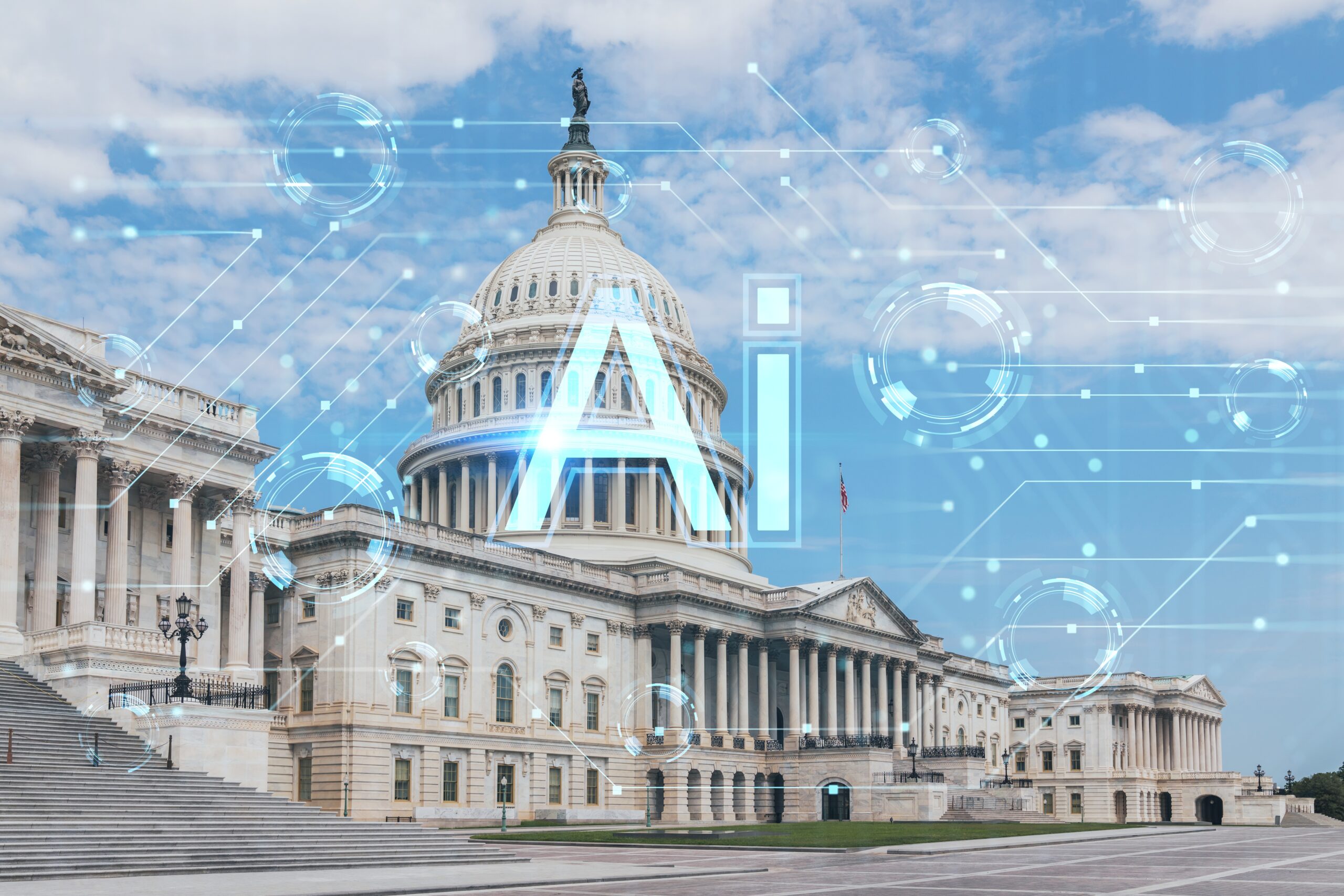Key Insights:
- Twenty leading tech companies pledge to fight AI misinformation, ensuring electoral integrity through transparency and technological innovation.
- Despite the tech industry’s commitment, skepticism persists, highlighting past failures and the need for effective self-regulation in combating misinformation.
- Legislative and regulatory actions complement tech pledges, with new laws and FCC rulings targeting AI’s potential to mislead and protect electoral processes.
In an unprecedented collaboration, 20 leading technology firms have pledged their commitment to using artificial intelligence (AI) in the political sphere. This voluntary agreement, made public on February 16, underscores a collective effort to tackle the growing concerns surrounding AI’s potential to generate misleading content, posing a significant threat to democratic processes worldwide.
Industry Leaders Commit to Electoral Integrity
The consortium, comprising technology behemoths such as Microsoft, Google, Amazon, and OpenAI, along with other influential companies like Adobe, Anthropic, and Meta, has recognized the significant challenges posed by deceptive AI technologies. Particularly alarming is the capacity of such technologies to create false election-related content, which could severely undermine public trust in the electoral system.
It was reported that Brad Smith, the vice chair and president of Microsoft, emphasized the tech industry’s responsibility to prevent the weaponization of AI tools in elections. This acknowledgment within the tech community underscores the urgency of preemptive measures to counteract the political misuse of AI.

CypherMindHQ.com Artificial Intelligence Crypto Trading System - Surpass the competition with this cutting-edge AI system! Utilize the prowess of innovative algorithms and amplify your crypto trading strategies with CypherMindHQ. Learn more today!
Detailed Steps Towards Transparency and Action
The agreement outlines eight specific initiatives the signatories have committed to implementing throughout 2024. These initiatives aim to develop technologies capable of distinguishing between AI-generated and authentic content, alongside a commitment to maintaining public transparency about significant AI advancements. However, it was noted that the agreement does not enforce a total ban on AI content in elections, indicating a balanced approach to exploiting AI’s benefits while curbing its potential threats.
Skepticism has been expressed by some quarters, notably by Free Press, an advocacy group for an open internet, which labeled the commitment as an “empty promise.” This skepticism is grounded in the tech industry’s mixed record on following through with election integrity pledges made after the 2020 elections. The criticism underscores a broader concern regarding the efficacy of tech companies’ self-regulatory measures in combating misinformation and ensuring electoral integrity.
Perspectives from Lawmakers and Regulators
The initiative has garnered attention from legislators as well. It was mentioned that U.S. Representative Yvette Clarke has lauded the tech accord, viewing it as a potential foundation for bipartisan cooperation in Congress to enhance protections against AI-driven election interference. Clarke’s efforts to regulate deepfakes and AI-generated political advertisements have highlighted the legislative push to mitigate these emerging threats.
In a related regulatory move, the Federal Communications Commission (FCC) was reported to have voted to outlaw AI-generated robocalls that utilize AI-generated voices. This action aims to tackle misinformation and protect consumers from unwanted communications, reflecting a growing awareness of the misuse potential of AI.
The Ongoing Challenge of AI and Electoral Integrity
As the global community confronts the complexities of AI technology, the commitment by these 20 tech companies marks a significant stride towards preserving the integrity of electoral processes worldwide. Although the initiative is voluntary, it represents a holistic approach to the challenges presented by AI, combining industry self-regulation with increasing legislative and regulatory scrutiny.
The effectiveness of these measures in thwarting AI-driven election interference remains to be seen. The swift evolution of AI technology and its profound impact on society necessitates ongoing vigilance and adaptability from both the tech industry and government authorities. As AI continues to alter societal norms, a steadfast commitment to ethical standards and robust regulatory frameworks will protect democratic processes in the digital era.
This collaborative effort to address the potential for AI to influence elections underscores a key moment in the broader quest to balance technological innovation with ethical responsibility. The initiative’s focus on transparency, technology development to differentiate genuine from AI-generated content, and a pledge to ethical practices offers a path forward in mitigating the risks associated with AI in political contexts.



